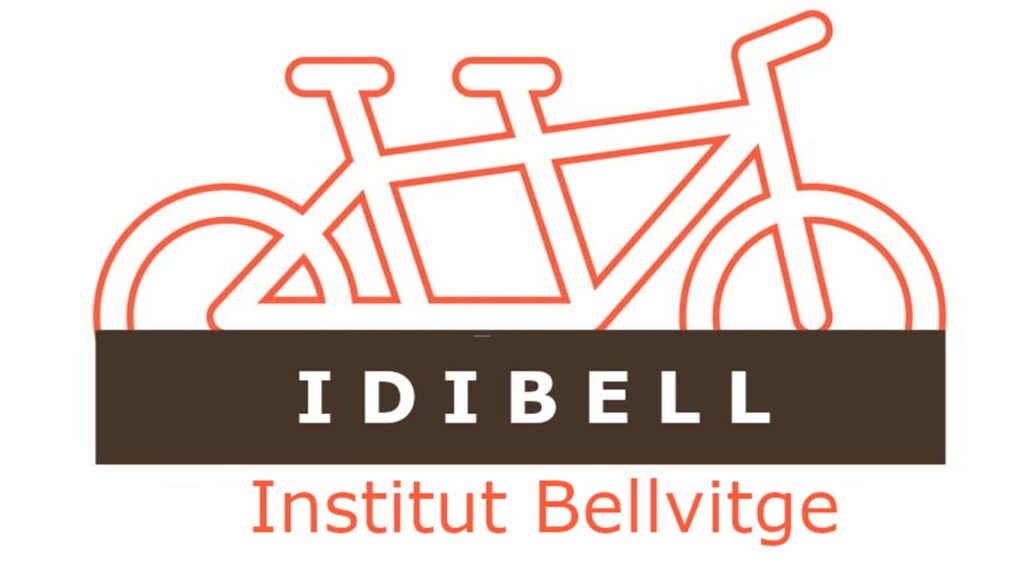Thanks to the IDIBELL – Institut Bellvitge Educational Tandem, since 2018, the students of this institute have had the opportunity to carry out their Research Work with the support of the professionals and resources available to IDIBELL.
The co-tutoring of these works has brought the boys and girls from Bellvitge even closer to the scientific research since it has allowed them to stay during the summer at the IDIBELL facilities and learn first-hand how researchers do their work.
Next, we show a summary of all the Research Works of this program:
Documentary about IDIBELL
The students, Aarón López and Víctor Sanz, under the co-tutoring of Mili Esono (Institut Bellvitge) and Joan Duran (IDIBELL), made a documentary in which they followed three researchers from three IDIBELL research areas in their daily work. The documentary presents three points of point view of the institution.
Sugar, cancer fuel?
The objective of this Research Work was to check if a diet rich in sugars was related to cancer. Karen Isabel Woroniecki, with the tutoring of Elvira Fernández (Institut Bellvitge) and Raül Zamora (IDIBELL), concluded that, although there are studies that point to a direct relationship between sugar and cancer, more research is needed to know the details. On the other hand, there is a clear indirect relationship since sugar is directly responsible for some diseases highly associated with cancer.
Which factors increase the risk of cancer? A study on risk factors in Spain and Pakistan
This work, carried out by Fatima Akhtar, and tutored by Elvira Fernandez (Institut Bellvitge) and Marta Pineda (IDIBELL), won the second prize in the experimental field at the 21st SCIENTIFIC AND TECHNOLOGICAL CONFERENCE of L’Hospitalet.
In the study, surveys were carried out on 122 young people from the Institut Bellvitge and 215 from an institute in Pakistan to find out the risk factors that increased the prevalence of cancer in the respective populations. The results indicated that the cancer prevalence is higher in Spain because people are exposed to more risk factors despite having better living conditions compared to Pakistan.
Behavioral addictions: where do they start and how far do they go?
Through surveys of adolescents, this work analyzed behavioral additions in this population. Claudia Luque Villar and Daniel Toma, thanks to the tutoring of Elvira Fernández (Institut Bellvitge) and Susana Jiménez (IDIBELL), were able to verify that when addiction takes control of the person, they develop a series of physiological consequences, such as sleep disorders, social isolation, or health problems, as well as changes in neurotransmitters in the brain.
The Bellvitge Biomedical Research Institute (IDIBELL) is a biomedical research center created in 2004. It is participated by the Bellvitge University Hospital and the Viladecans Hospital of the Catalan Institute of Health, the Catalan Institute of Oncology, the University of Barcelona and the City Council of L’Hospitalet de Llobregat.
IDIBELL is a member of the Campus of International Excellence of the University of Barcelona HUBc and is part of the CERCA institution of the Generalitat de Catalunya. In 2009 it became one of the first five Spanish research centers accredited as a health research institute by the Carlos III Health Institute. In addition, it is part of the “HR Excellence in Research” program of the European Union and is a member of EATRIS and REGIC. Since 2018, IDIBELL has been an Accredited Center of the AECC Scientific Foundation (FCAECC).

